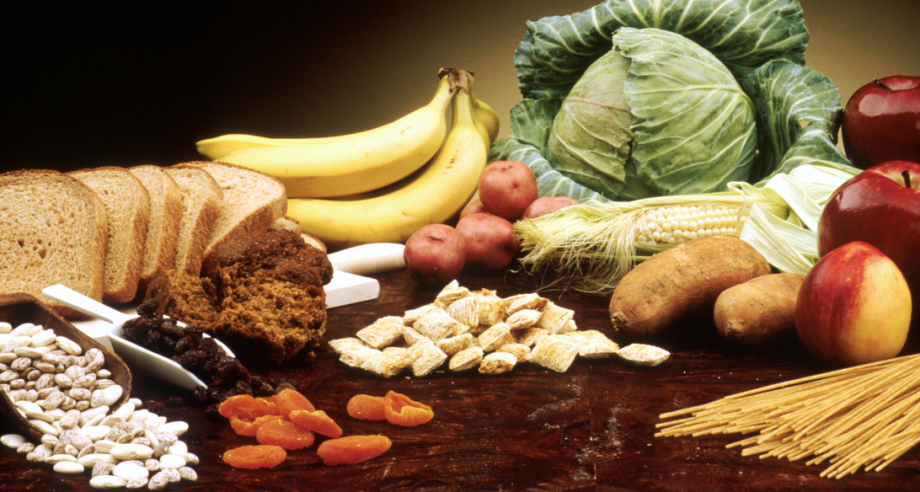Dietary Fiber: Why It’s Important

Like most Americans, you are probably not getting enough of a dietary essential that bulks up your stool and makes it easier for your body to eliminate waste. You guessed it…fiber. Not only does this indigestible carbohydrate help maintain a healthy digestive system, but it also offers several other unexpected health benefits. Fortunately, fiber can be found in a wide variety of plant-based foods such as fruits, vegetables, and grains, so no excuse for not getting enough! Ready to talk fiber? Let’s go.
The Two Types of Fiber
There are two types of fibers, soluble and insoluble, both of which play an important in your digestive system and help protect your body from acute and chronic disease and inflammation.
Soluble fiber absorbs water and softens your stool, allowing it to move smoothly throughout your colon and digestive tract. Because of this, soluble fiber plays a huge role in preventing colon cancer! In addition, soluble fiber promotes a healthy gut and controls blood sugar, thus contributing to lower LDL cholesterol levels and a decreased risk of cardiovascular disease and diabetes.
Foods that contain soluble fiber include:
- Avocados
- Figs
- Oats
- Brussel sprouts
- Apples
- Beans
- Peas
- Lentils
Insoluble fiber creates a gel-like substance that slows the absorption of blood sugar. In addition, it removes cholesterol from your stool, prevents constipation by keeping bowel movements soft and regular, and aids in weight loss by helping you stay fuller longer.
Foods that contain insoluble fiber include:
- Pears
- Sweet potatoes
- Beans
- Brussel sprouts
- Carrots
- Avocados
- Nuts
- Seeds
- Wheat
Why Fiber is Important
Both fibers enhance the growth of healthy bacteria in your gut and provide key health benefits that boost immune response and improve mental health. Not having enough fiber in your diet can lead to several health issues such as constipation, hemorrhoids, and an increased risk of colorectal cancers.
Adding Enough and the Right Kind of Fiber to Your Diet
Before you load up on high-fiber granola bars or other processed fiber-rich foods, it is important to note that they contain inulin – a type of fiber added to processed foods that helps digestion by increasing the number of good bacteria in the gut. While this isn’t necessarily a bad thing, inulin can also cause gas and bloating, so proceed with caution and, when possible, opt for whole fiber-rich foods instead.
Look for foods with five or more grams of fiber and be mindful about where fiber is coming from. For example, whole fibers found in foods such as whole-wheat spaghetti are better for your digestive health. You can also increase your fiber intake by eating prebiotic foods such as artichokes, asparagus, and bananas – all of which feed the good bacteria in your gut. In terms of how much fiber you should consume, follow the current USDA guidelines:
- Women under 50 years old: 25 grams per day
- Women 50 years and older: 21 grams per day
- Men under 50 years old: 38 grams per day
- Men over 50 years old: 30 grams per day
Driven Fit + Sponaugle – South Tampa’s Top Wellness Studio
Is your diet in major need of a nutritional overhaul? We can help! At Driven Fit + Sponaugle, we focus on the overall health and wellness of our clients through fitness, nutrition, massage therapy, and chiropractic care. To learn more about our South Tampa wellness studio, please call (813) 440-3016 or text (813) 576-1160 to book an appointment.









